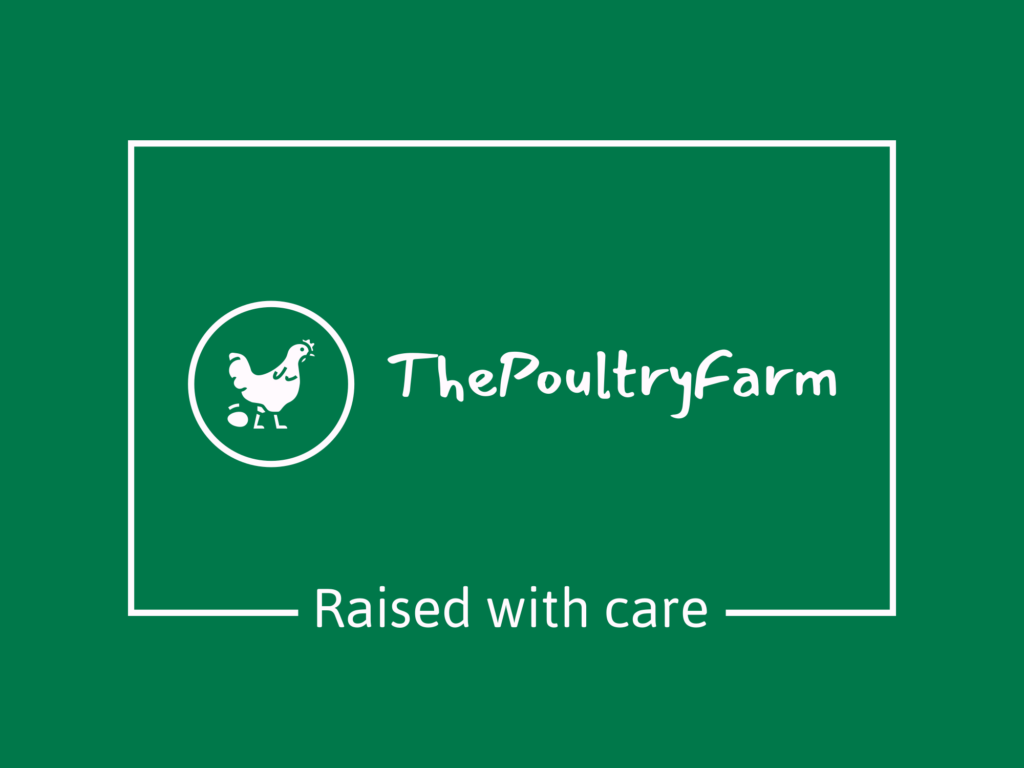
Introduction
Backyard chicken egg care is a fantastic way to enjoy fresh eggs from your own chickens. Egg care is an important part of raising healthy and happy chickens and making sure they produce nutritious eggs. In this article, we will be discussing the basics of egg collection, storage, cleaning, and safety when handling your backyard eggs.
The Basics of Egg Collection
When collecting eggs from your backyard chickens, make sure to use gloves and a clean egg basket or container. It is important not to leave the eggs in direct sunlight for extended periods of time as this can cause the eggs to overheat and spoil.
Egg collection is an important part of backyard chicken care. It’s a good idea to collect eggs on a regular basis, as eggs that are left in the nest for too long can become dirty or damaged. Here are a few basic tips for collecting eggs:
- Wear clean gloves or wash your hands thoroughly before handling eggs. This will help prevent the transmission of bacteria from your hands to the eggs.
- Check the nest boxes regularly. Chickens will lay eggs at different times of the day, so it’s important to check the nest boxes regularly to ensure that you don’t miss any eggs.
- Gently lift the eggs out of the nest. Try to handle the eggs as little as possible, as the shells are delicate and can easily be damaged.
- Sort the eggs by size and quality. Eggs come in a variety of sizes and shapes, and it’s important to separate the eggs by size so that they can be stored and used properly. If you find any eggs that are dirty or damaged, set them aside to be cleaned and used as soon as possible.
- Store the eggs properly. Place the eggs in their carton with the pointy end down and the round end up. This will help prevent the yolk from settling to the bottom of the egg and will make them easier to peel when hard-boiled. Keep the eggs in the main part of the refrigerator, rather than in the door, to ensure that they stay fresh.
Storing Your Eggs
Once you have collected your eggs, it is important to store them correctly in order to maintain their freshness. The best way to store eggs is at a temperature between 10-16 degrees Celsius and away from direct sunlight. They’ll last for about two weeks in the fridge, but if you want to store them for longer than that, you can freeze them.
Storing eggs properly is an important part of ensuring their freshness and quality. Here are a few tips for storing your eggs:
- Keep eggs in their original carton. The carton helps protect the eggs and keeps them fresher longer. It also helps prevent the eggs from absorbing strong odors from other foods in the refrigerator.
- Store eggs in the main part of the refrigerator, rather than in the door. The door of the refrigerator tends to be the warmest part, and eggs are more susceptible to spoilage at warmer temperatures.
- Don’t wash eggs before storing them. The natural coating on the eggs, called the “bloom,” helps protect them from bacteria and keeps them fresher longer. Washing the eggs removes this protective layer.
- Use eggs within a few weeks of purchase. Fresh eggs have a longer shelf life than you might think, but they will eventually start to lose quality. If you’re not sure how long you’ve had your eggs, crack one open and check for any off odors or strange appearances. If everything looks and smells normal, the eggs are probably still good to use.
Cleaning Your Eggs
Before cooking your eggs, it is important to clean them first. To do this, wash the eggs in lukewarm water and dry them thoroughly with a paper towel before using them. This will help reduce the risk of contamination from bacteria and other harmful organisms.
Here are a few tips for keeping your eggs clean:
- Wash your hands thoroughly before and after handling eggs.
- Make sure your work area is clean and free of contaminants.
- Use a toothbrush or other soft-bristled brush to clean the shells. Be very gentle, as you don’t want to damage the eggs.
- If you’re collecting eggs from a chicken coop, avoid stepping in the droppings and clean the eggs in a sink used for food preparation.
- Store your eggs in a cool, dry place. Do not refrigerate them until they’re ready to be cooked.
Handling Your Eggs Safely
When handling your eggs, it is important to practice safe food-handling techniques. Make sure to wash your hands thoroughly before and after handling the eggs and avoid cross-contamination from other foods. It is also important to keep eggs away from direct sunlight while cooking or transporting them.
Here are a few tips for handling your eggs:
- Handle them as little as possible.
- Wait to wash them until you’re ready to use them.
- Don’t store them in the fridge door.
- Store them in a cool, dry place.
Check for Cracked Eggs
Checking for cracked eggs is one of the most important things you can do to care for your eggs.
If you have a cracked egg, the best thing to do is to discard it. Cracked eggs can be a breeding ground for bacteria; you don’t want that in your kitchen.
Fortunately, it’s easy to tell if an egg is cracked. Just give it a quick inspection and look for any signs of damage. If you see a crack, put the egg in the trash and move on.
Use Your Eggs Before Their Expiration Date
Listen, we both know that eggs are a finite resource. The chickens can only lay so many eggs, and eventually, they’ll run out. So, we must use them all before their expiration date.
Now, I know that sometimes it’s hard to tell when an egg has gone bad. They start to smell a little funny, or they get a greenish tint to them. But don’t worry, I have a few tips to help you out.
The first thing you can do is refrigerate your eggs as soon as you get them home. That will help keep them fresh for longer. And if you’re not going to use them right away, put them in a bowl of cold water. That will help prevent them from spoiling.
Most importantly, remember to check the expiration date on the package. If an egg is past its expiration date, it’s not safe to eat.
Conclusion
Collecting eggs is a great way to get fresh eggs for your breakfast. Eggs can be stored in the fridge or freezer, and you can clean them before cooking. It is important to handle eggs safely by washing your hands thoroughly and avoiding cross-contamination. cracked eggs should be discarded and use your eggs before their expiration date. Following these tips will help you care for your eggs and enjoy them to the fullest.
FAQs |Backyard Chicken Egg Care
Q: How do I tell if my eggs are still good?
A: You can tell if an egg is still good by inspecting it for cracks and checking the expiration date. If it has any signs of damage or is past its expiration date, discards it.
Q: How do I store eggs safely?
A: Store your eggs in a cool, dry place. Refrigerate them as soon as you get them home and store them in the fridge door to prevent them from spoiling.
Q: How do I clean eggs?
A: Use a toothbrush or other soft-bristled brush to clean the shells. Gently scrub away any dirt or debris and rinse with cold water. If collecting eggs from a chicken coop, clean them in a sink used for food preparation.
Q: Are eggs safe to eat?
A: Yes, eggs are safe to eat as long as they are handled safely and cooked thoroughly. Check for cracked eggs and discard them and use them before their expiration date. Refrigerate your eggs as soon as you get them home to keep them fresh for longer.
I am passionate about chickens and how best to raise a healthy flock. I have been raising chickens for over 10 years now, and I am always looking for new and innovative ways to keep my chickens happy and healthy. In addition to keeping my own flock, I also putting reviews on the essential products that are required to keep Chicken happy. I hope to help as many people as possible learn how to properly care for their chickens!
Leave a Reply
